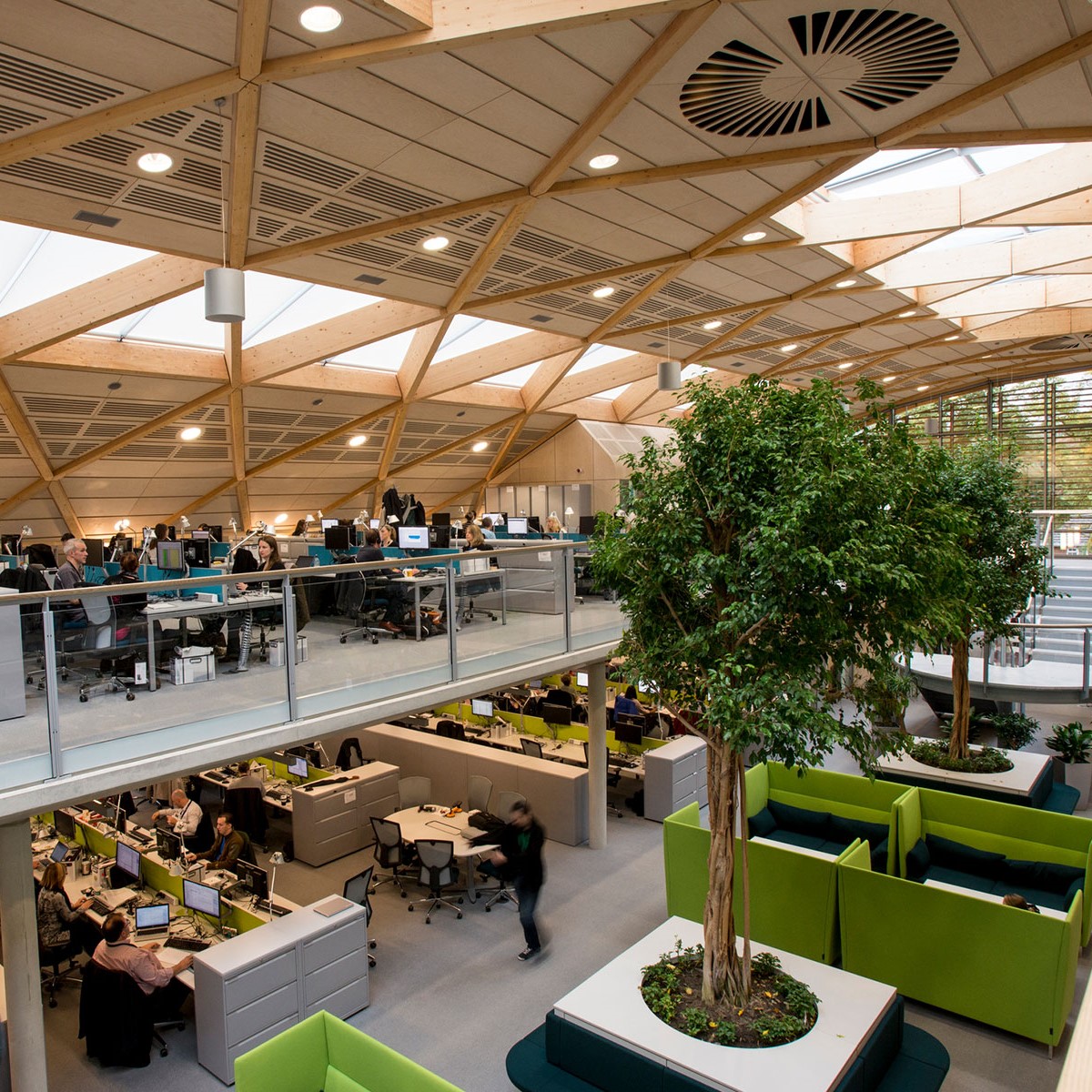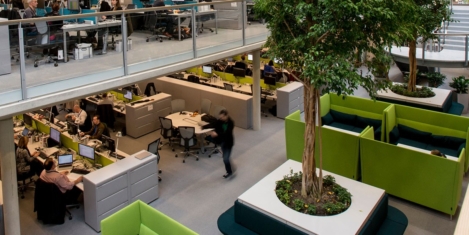To provide the best experiences, we use technologies like cookies to store and/or access device information. Consenting to these technologies will allow us to process data such as browsing behaviour or unique IDs on this site. Not consenting or withdrawing consent, may adversely affect certain features and functions.
The technical storage or access is strictly necessary for the legitimate purpose of enabling the use of a specific service explicitly requested by the subscriber or user, or for the sole purpose of carrying out the transmission of a communication over an electronic communications network.
The technical storage or access is necessary for the legitimate purpose of storing preferences that are not requested by the subscriber or user.
The technical storage or access that is used exclusively for statistical purposes.
The technical storage or access that is used exclusively for anonymous statistical purposes. Without a subpoena, voluntary compliance on the part of your Internet Service Provider, or additional records from a third party, information stored or retrieved for this purpose alone cannot usually be used to identify you.
The technical storage or access is required to create user profiles to send advertising, or to track the user on a website or across several websites for similar marketing purposes.
 For the last decade, if not longer, we’ve heard businesses saying they are focused on reducing their environmental impact. It’s been written in annual reports and immortalised in pledges shared with stakeholders, but the question still remains – what action is actually being taken, including in the creation of a sustainable workplace? More →
For the last decade, if not longer, we’ve heard businesses saying they are focused on reducing their environmental impact. It’s been written in annual reports and immortalised in pledges shared with stakeholders, but the question still remains – what action is actually being taken, including in the creation of a sustainable workplace? More →





 A recent survey conducted among LABS members shows that the physical office space still has a valuable place in the mindset of how they want to work. More than seven in ten of those questioned said the office is a strategic device for their businesses, and more than 74 percent of members questioned use the office for two days or more per week.
A recent survey conducted among LABS members shows that the physical office space still has a valuable place in the mindset of how they want to work. More than seven in ten of those questioned said the office is a strategic device for their businesses, and more than 74 percent of members questioned use the office for two days or more per week.



























June 23, 2023
Are workplace gyms and other perks out of step with hybrid working?
by Anthony Thompson • Comment, Wellbeing